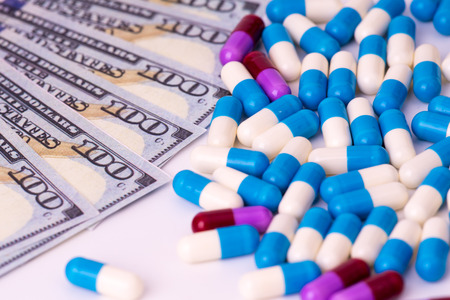Treating parasites not profitable enough for Big Pharma
Why parasite treatment costs pennies in Tanzania, but hundreds of dollars in the U.S.
 It’s not difficult to treat a hookworm. Whether you live in Tanzania or Texas, two pills will kill the intestinal parasite in a few days.
It’s not difficult to treat a hookworm. Whether you live in Tanzania or Texas, two pills will kill the intestinal parasite in a few days.
Those same two tablets of albendazole will cost a mere four cents purchased in Tanzania, but as much as $400 in the U.S.
“There really is no good reason for this price,” Dr. Jonathan Alpern, a researcher at the HealthPartners Institute, told NPR.
Impax Laboratories is the only company that produces the drug in the U.S. The patent for the drug expired more than 30 years ago, so other drug companies could produce a less-expensive option.
Because these diseases only infect a small percentage of the population, there is less potential for profit, Alpern told NPR.
“When there’s limited competition in the market, the company that holds the monopoly is able to price however they want,” he said. “In these cases, we often see companies taking advantage of their market position.”
Untreated hookworms can cause anemia and protein deficiency, and that can delay growth and mental development. While a health campaign eliminated hookworms in the U.S. the early 20th century, the parasites have recently reemerged in low-income areas of the south.
Poor communities forced to choose between treatment and food
One of the communities recently infected with hookworms was Lowndes County, Ala. The average income in this area is around $18,000.
“People have told me they sometimes have to choose between buying medication and eating,” Catherine Flowers, the founder of Alabama Center for Rural Enterprise told NPR.
The problem is not limited to hookworm treatments. The prices for generic drugs for other tropical diseases are also extremely high.
“In other countries, there are price control methods. The government steps in to ensure drug prices do not increase by a certain amount,” Alpern told NPR. “There are no price control mechanisms in the U.S.”